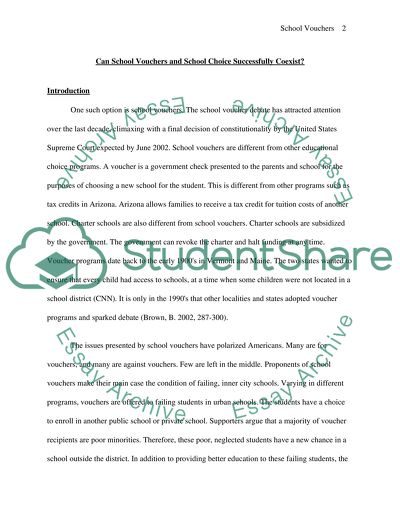Cite this document
(“Can School Vouchers and School Choice Successfully Coexist Research Paper”, n.d.)
Can School Vouchers and School Choice Successfully Coexist Research Paper. Retrieved from https://studentshare.org/education/1518167-school-vouchers-essay
Can School Vouchers and School Choice Successfully Coexist Research Paper. Retrieved from https://studentshare.org/education/1518167-school-vouchers-essay
(Can School Vouchers and School Choice Successfully Coexist Research Paper)
Can School Vouchers and School Choice Successfully Coexist Research Paper. https://studentshare.org/education/1518167-school-vouchers-essay.
Can School Vouchers and School Choice Successfully Coexist Research Paper. https://studentshare.org/education/1518167-school-vouchers-essay.
“Can School Vouchers and School Choice Successfully Coexist Research Paper”, n.d. https://studentshare.org/education/1518167-school-vouchers-essay.


